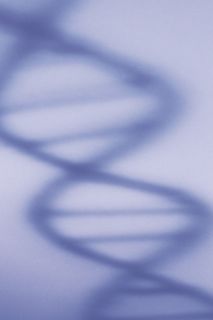
We all know that alcoholics are more sensitive to the effects of booze than casual drinkers. Otherwise, they wouldn’t be alcoholics (The Big Book of A.A. refers to this as an “allergy of the body”). And we also know that this sensitivity to alcohol has a strong genetic component. Otherwise, we wouldn’t see so many families with a large number of adult males who are raging alcoholics. “Raging” is the operative word, since alcoholics have been classified as Type I (regular) and Type II (extreme). Type II alcoholism, also known as familial alcoholism, has the strongest genetic component, and was defined by C. Robert Cloninger at Washington University in St. Louis years ago. Type I alcoholism, the more common form, comes later in life, and was thought to have a weaker genetic component. Type I alcoholics were presumed to be more affected by social and environmental influences than the go-to-hell Type IIs.
However, in an article to be published this summer in Alcoholism: Clinical & Experimental Research, investigators probed more deeply into the genetic underpinnings of the considerably more common Type I alcoholics. What they found was unexpected: Type I alcoholics carried far more genetic risk than previously suspected, and were in many cases just as sensitive to so-called alcohol challenge tests as their Type II counterparts. Marriet de Wit of the University of Chicago Department of Psychiatry and Behavioral Neuroscience said that the work means “children of Type I alcoholics may inherit some characteristic that changes how they feel after alcohol which may, in turn, affect their risk for alcohol abuse.” In the end, there may not be as much difference between the two subtypes as researchers thought. Ah, the varied influences of those pesky genes—always lurking where you list expect them.